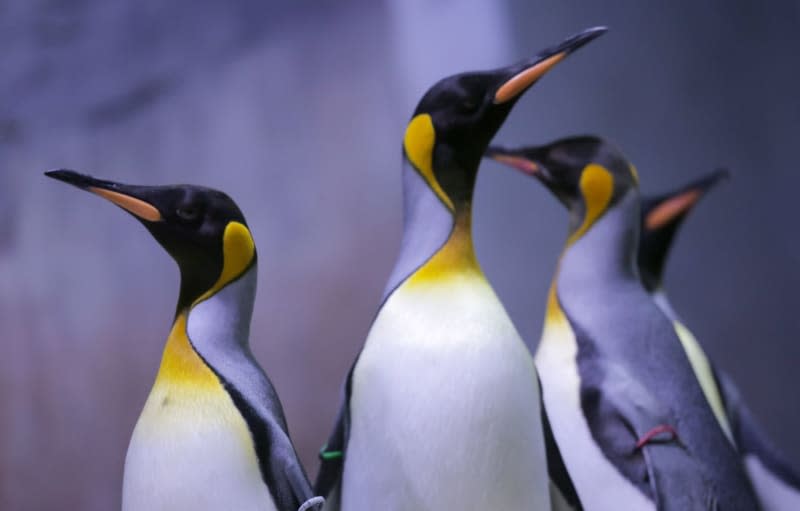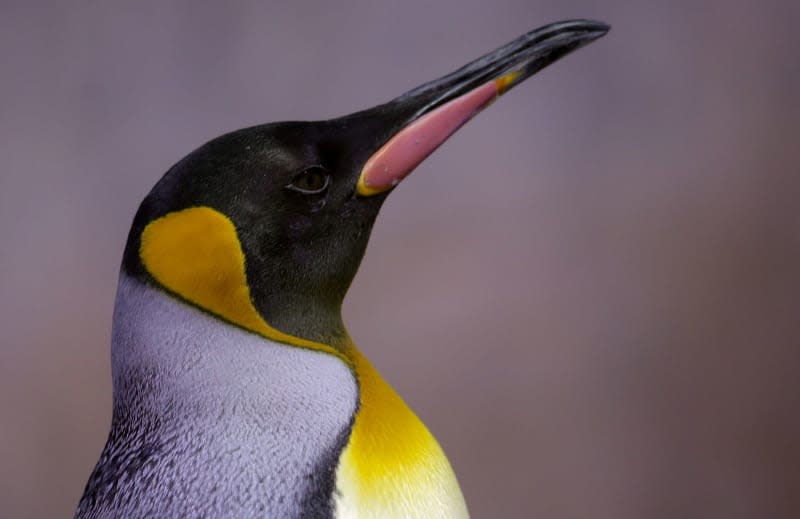Thousands of emperor penguin chicks dead due to record low sea ice

Thousands of penguin chicks died in Antarctica last year as a result of the increasing ice melt.
The record low level of Antarctic sea ice at the end of 2023 led to breeding failures in a fifth of the continent's emperor penguin colonies, according to the British Antarctic Survey (BAS).
The study was published in the journal Antarctic Science on Thursday, which is World Penguin Day It used satellite data to reveal the extent of the impact of early sea ice breakup on the penguins' breeding cycle.
If the sea ice on which a colony breeds breaks up before the chicks have grown waterproof feathers, known as fledging, they have little chance of survival.
Chicks entering the water before fledging experience high or even total mortality rates in a colony. Even if they remain on a sheet of flooting ice or floe that has detached, their chances are slim because their parents have difficulty finding and feeding their offspring.
Fourteen out of 66 colonies were affected in 2023, compared to 19 in the previous year, according to the analysis presented in the journal Antarctic Science. The breeding failures are a direct consequence of the unprecedented loss of sea ice in the region in recent years due to climate change.
Extremely low summer sea ice extent was recorded in both 2022 and 2023.
It is estimated that there are currently several hundred thousand emperor penguins left in the wild. According to forecasts, the charismatic species could be virtually extinct by the end of the century if greenhouse gas emissions continue to rise at current levels.
However, BAS expert Peter Fretwell also sees reason for hope: there are indications of adaptation, especially in the most severely affected colonies, and the birds may be moving to other areas.
Emperor penguins (Aptenodytes forsteri) grow to more than 1 metre tall and are the southernmost penguin species. For most of the year, from April to January, they are dependent on stable sea ice that is connected to the mainland.
They lay their eggs between May and June. It takes around 65 days for the chicks to hatch and they do not fledge until December and January, the Antarctic summer.
The BAS analyses were based on high-resolution images from the Earth observation twin satellites called Sentinel-2, part of the Copernicus programme. The Sentinel-2 satellites fly the same orbit over the Antarctic coast about once a week and the archive goes back to 2018.


